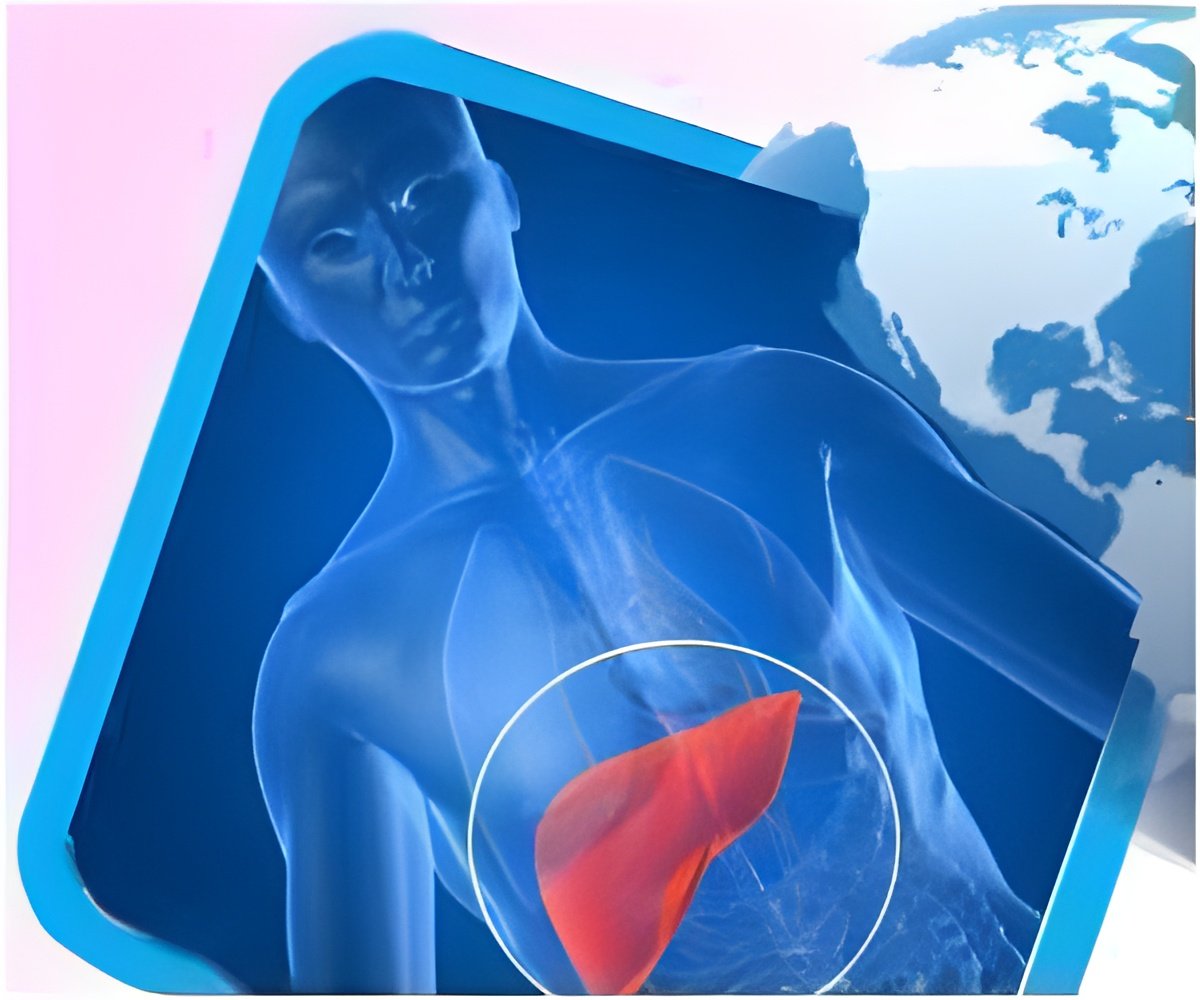
Understanding this interaction may help scientists interfere with cancer cells so the cells can no longer survive exposure to stressful conditions.
Healthy cells are not usually under stress, but unhealthy cells, such as cancer cells, are often under considerable stress because they grow rapidly in places where they are not supposed to grow.
When a cell is under these stressful conditions, the stress protein Hsp70 is activated to help the cell.
Professor Afshin Samali, lead author of the study and head of the Department of Biochemistry at NUI Galway, and his team have discovered that under cell stress conditions Hsp70 interacts with a receptor in the cell, activating survival mechanisms and preventing apoptosis, the normal cell death mechanism.
By understanding more about Hsp70 and the way it functions, scientists can learn how to block its function, allowing unhealthy cells to succumb to stress and die.
Advertisement
In contrast to diseases where cell death is abundant such as Alzheimer's, Parkinson's Disease, and Diabetes, increasing the levels of Hsp70 could potentially be used to help these cells survive stressful conditions.
Advertisement
The findings are published in the online, open access journal PLoS Biology.
Source-ANI














